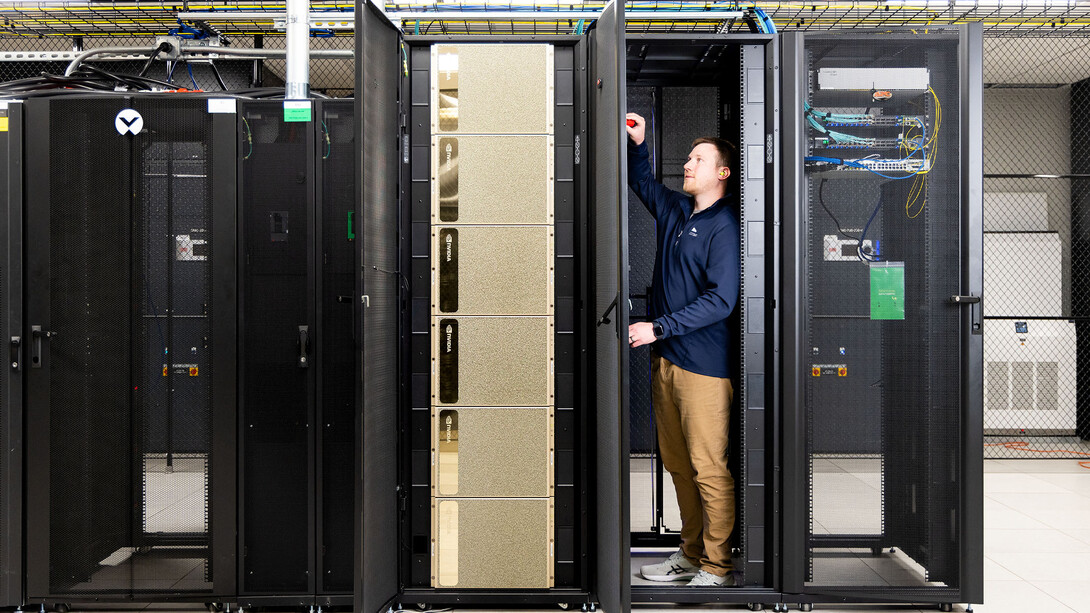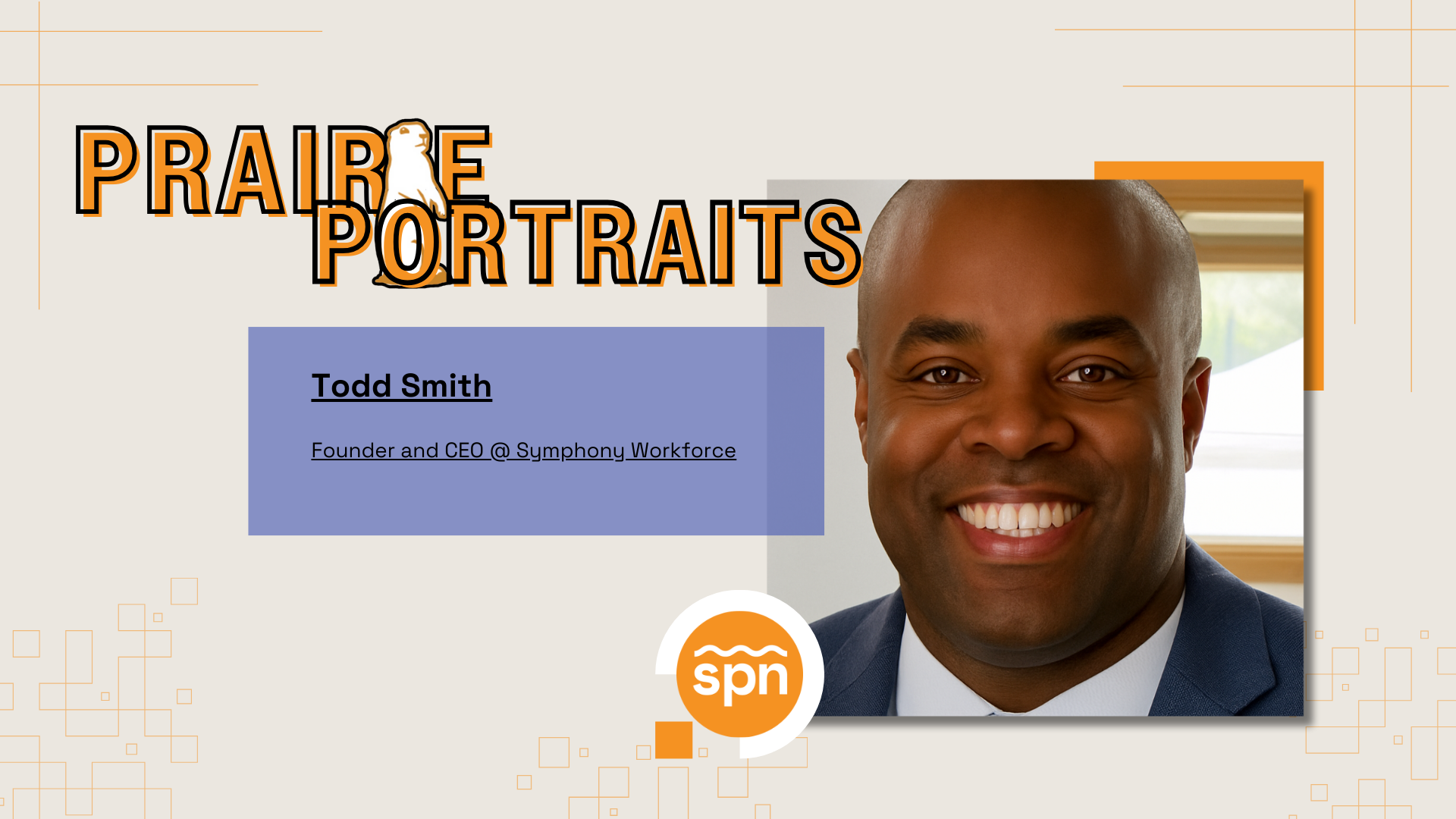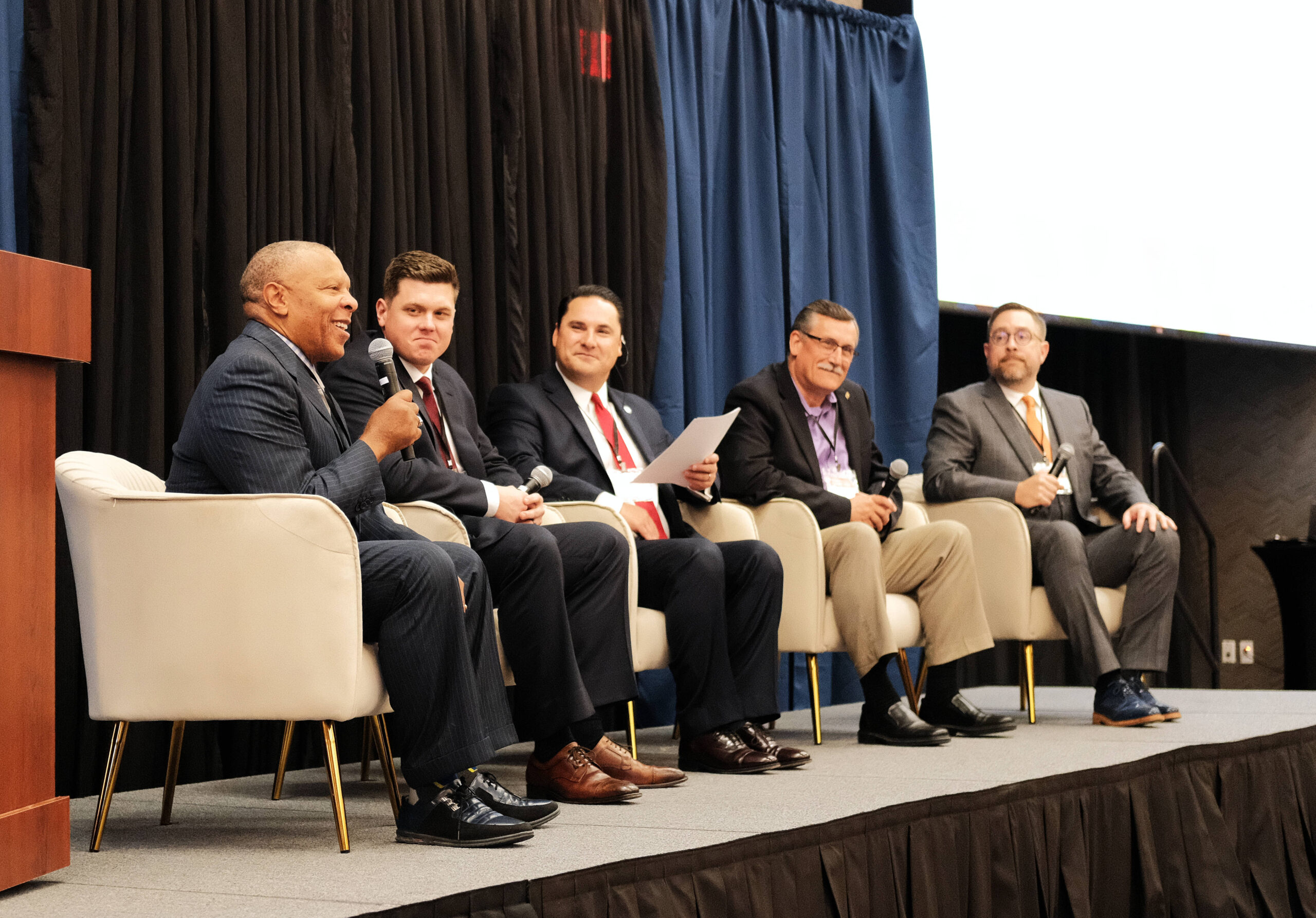 Founder Friday is a weekly guest post written by a founder who is based in or hails from the Silicon Prairie. Each month, a topic relevant to startups is presented and founders share lessons learned or best practices utilized on that topic. July’s topic is scaling.
Founder Friday is a weekly guest post written by a founder who is based in or hails from the Silicon Prairie. Each month, a topic relevant to startups is presented and founders share lessons learned or best practices utilized on that topic. July’s topic is scaling.
About the authors: Nick Bowden is co-founder and CEO of MindMixer. Bowden started MindMixer in Omaha in 2010 and has since grown the company to nearly 100 employees in four years. MindMixer moved its operations to KC this summer.
This month, MindMixer celebrates its fourth birthday. I’m not much of a sentimental, remember-special-dates kind of guy, but it’s hard to forget the date when you launch the product the day before your wedding. Tip 1: Don’t launch a side product/new company the day before your wedding. Tip 2: Marry someone who shows up to the altar after you do that. My wife is a badass.
It feels strange to be considered by some in the “prairie” as the old guard of startups, but we’ll take it. I suppose it means we have done at least one thing right: stay in business. As we approached the birthday and my anniversary, I did something I rarely do: reflect a bit on the four years. What’s worked? What hasn’t?
“You only ever experience two emotions: euphoria and terror. And I find that lack of sleep enhances them both.” — Marc Andreessen
What’s Worked
We’ve been the beneficiary of some amazing people and their willingness to mentor, advise, call out, support and everything in between. I believe deeply that you become the average of the five people you spend the most time with in life/business. Don’t let anyone fool you, it takes a village to raise a company, and I have been so very lucky to be surrounded by people much smarter than I am. If I had to stop the post here, this would be my biggest piece of advice — find investors, mentors, partners and a team that makes you better and challenges the way you think. And, a kick-ass significant other.
Every six months we ask ourselves, “If someone else showed up in our space, how would they beat us?” If you can’t answer that question, it either means you are completely delusional or you’re in a small market. The question forces us to think, critically evaluate ourselves, deeply understand our customers and have an eye for where the market is going. We try and deconstruct ourselves and re-construct before someone else forces our hand. It forces conviction, vision and an amazing amount of trust within our team. Even when we hold our path, it makes us better.
There’s nothing more important in any company than who the company/employees select as their peers. Talent attracts talent. Lack of talent attracts the same. We’ve assembled an absolutely amazing team of people who flat-out work their asses off day in and day out. It’s one thing for founders to work like that, it’s another for 60 or 100 people to work with that kind of relentlessness. We’ve had our stumbles along the way, but prioritizing culture and talent selection has never done us wrong.
What Hasn’t Worked
This list could get long, so I’ll try and keep it to the three biggest lessons learned.
Letting your product chase a single contract. It’s the ultimate test of discpline. That one big-ass potential customer that’s willing to pay about five times what everyone else is and only has a “few minor changes” to the core offering. It hasn’t happened often, but it’s happened a few times and the impact is much bigger than just the one-month product distraction. It shows a lack of discipline, it says money is more important than the current roadmap, it calls to question the conviction to the current product, it sets a precedent for sales people. Fight the urge, don’t do it.
Thinking founder’s will is enough to scale a company. Wrong. That sheer will, I’ll-just-do-it-all mentality that got you through the first year or two — yeah, that shit doesn’t work when you want to scale. Scaling means you are actually giving things up, not taking on more. It’s the single most difficult thing in a founder’s maturation. It was the hardest thing I’ve ever done in the company, and I’m certain there are a number of people on our team who would tell you that I have a lot of work to do, and they’re right. It requires you to find the most talented people with expertise in particular areas of the business, develop trust and rapport with those people and then get the F out of their way. Each of those three items is incredibly time intensive and really difficult. It’s like an internal pep talk in every management meeting — “I will not interject, I will not interject, I will not interject.” And the amazing thing, if you’ve done the first two, hire amazing people and build trust, the third one is the easiest.
Assume that having money solves problems. It’s something that I remember thinking during the earlier rounds of funding. “Oh man, once we get this round closed, sales will grow.” Getting money doesn’t solve problems, in fact, it probably creates more challenges. Now you have to hire more people, put more managers in place, manage bigger expectations, the list goes on. Having more money simply means you bought more time to figure out the previous challenges and the new challenges. Don’t get me wrong, having money is better than not having any money, but that wire transfer doesn’t solve any problems.
All in all, it’s been an amazing, life changing, test-everything-you-got kind of four years. Hand’s down the best thing about building a company: every day is an opportunity to do something special.





One response to “Four years of scaling MindMixer: What’s worked, and what hasn’t”
[…] a round sometimes brings more challenges and problems than raising it, Bowden wrote in a July SPN guest post about […]